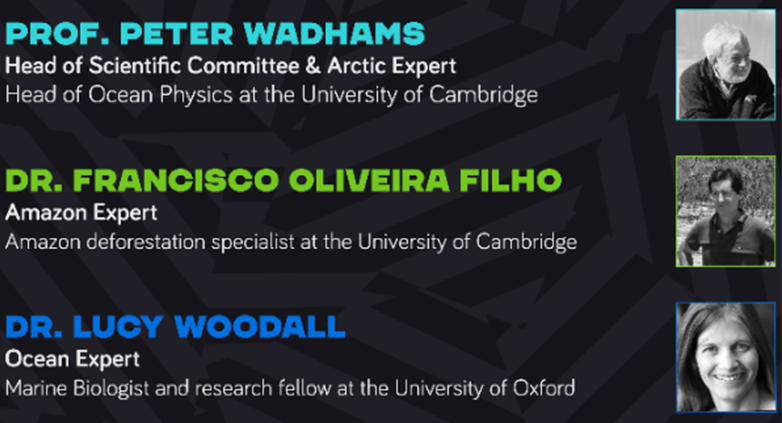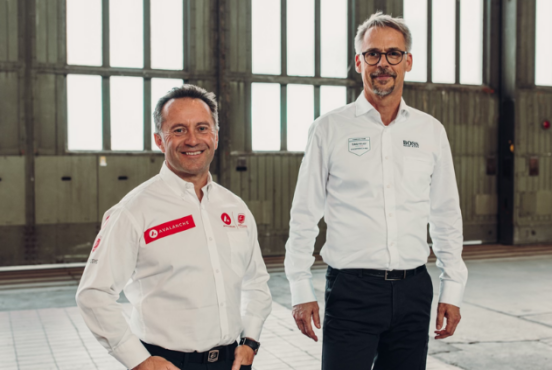Extreme E unveils Scientific Committee and first Legacy Programme initiative

Extreme E, the revolutionary new electric off-road racing series, has today unveiled a panel of leading academics from The Universities of Oxford and Cambridge making up its Scientific Committee, tasked with driving the series’ climate advice and practice.
Extreme E Scientific Committee:
Head of Scientific Committee/Arctic Scientist: Professor Peter Wadhams (The University of Cambridge)
Ocean Scientist: Dr Lucy Woodall (The University of Oxford/Nekton Foundation)
Amazon Scientist: Francisco Oliveira PhD (The University of Cambridge)
Desertification and Droughts Scientist: Professor Richard Washington (The University of Oxford/The University of Cape Town)
The Scientific Committee will advise Extreme E organisers on the series’ education and research programmes, event logistics and impact as well as the recommendation of positive legacy initiatives which support local communities in each race location.
Extreme E Founder and CEO, Alejandro Agag, said: “When we started Extreme E, we said we had ambitions of doing things differently. I believe it is a sporting first for a championship to have an independent panel of scientists advising its climate and sustainability practices.
“Finalising this committee of world-leading scientists who will guide our climate and sustainability research, as well as our education programmes, is truly a proud milestone for Extreme E. We are honoured to welcome such a highly-respected group of academics on-board who share in our passion and our overarching goals.
“Extreme E is borne out of the climate crisis, and its mission is the use of sport in raising awareness of the serious issues our planet is facing, as well as the solutions that we can all employ to help reverse those issues.”
The Scientific Committee, led by Professor Wadhams, will help decide the research agenda set to take place in the RMS St. Helena’s on-board oceanographic laboratory.
Extreme E acquired the former Royal Mail cargo-passenger vessel specially for the championship. It is currently undergoing a modernisation and refit in order to lower its emissions, and will be used to transport the championship’s freight and infrastructure, including vehicles, to each race location – minimising the series’ footprint. It will also be used as a base for important oceanographic and climate research as it travels around the globe.
Continue reading more from Extreme E here.


